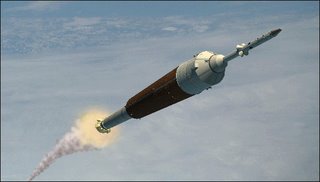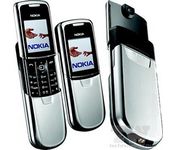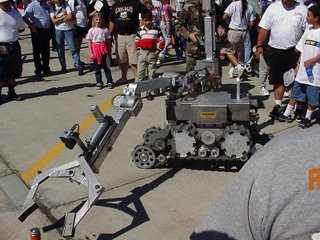
IT was no more powerful than a modern calculator, but the arrival of the original IBM personal computer 25 years ago was an epoch-making event in the evolution of modern life.
The PC has redefined modern life – from the way people work to the way they look for love, chat with friends and even shop.
The IBM 5150 PC was released on August 12, 1981, the product of a year's feverish development by a close-knit team of computer engineers working in Florida.
"Designed for business, school and home, the easy-to-use system sells for as little as $US1565," IBM's original press statement said back then.
That price is worth more than $US4000 ($5000) in today's money. But if you wanted colour graphics, two floppy disk drives and a printer, it would set you back triple the amount of the base model.
The PC weighed 11.5kg with one floppy disk drive fitted, over a third more than a present-day computer. The keyboard alone weighed 2.7 kg.
At 16 kilobytes, its memory was 50,000 times less powerful than modern PCs.
It offered VisiCalc, a breakthrough spreadsheet program, and EasyWriter, which IBM promised "will store letters, manuscripts and other text for editing or rapid reproduction on the printer".
And there was Microsoft Adventure, which "brings players into a fantasy world of caves and treasures".
second half of pieceAlso see
The 25 Greatest PCs of All Time.



